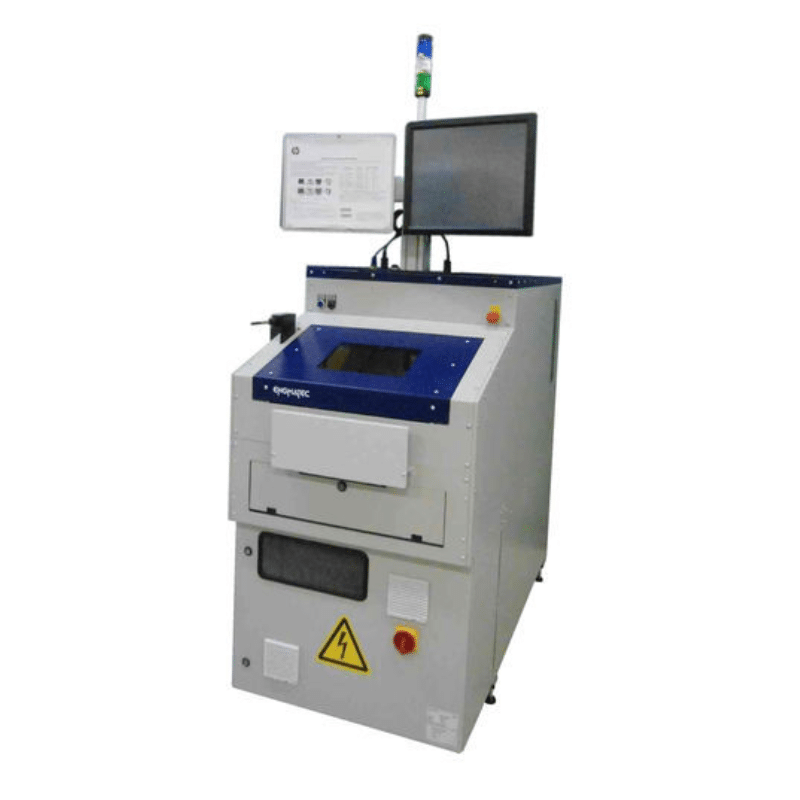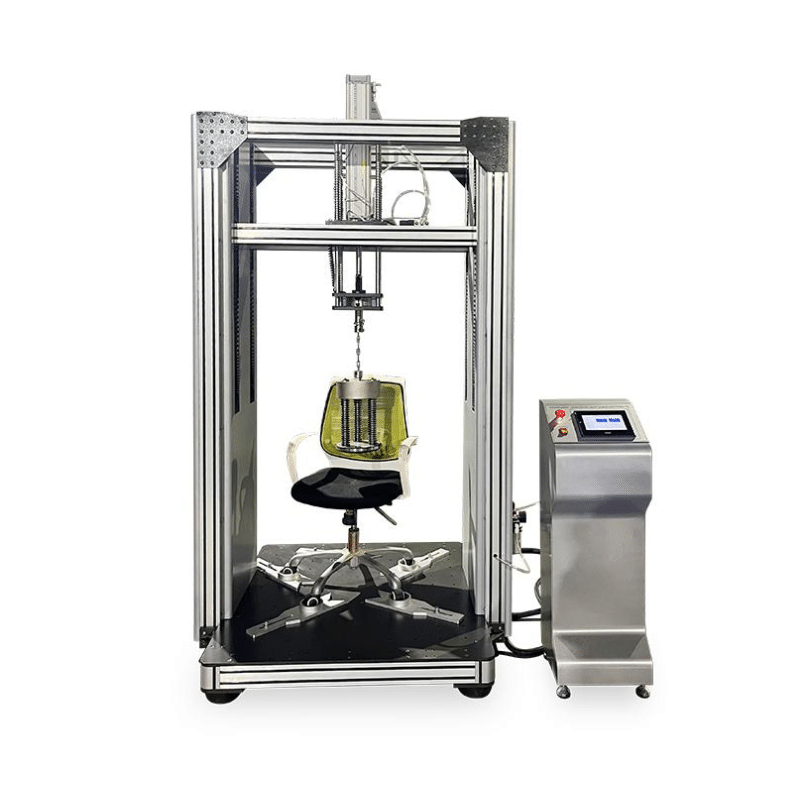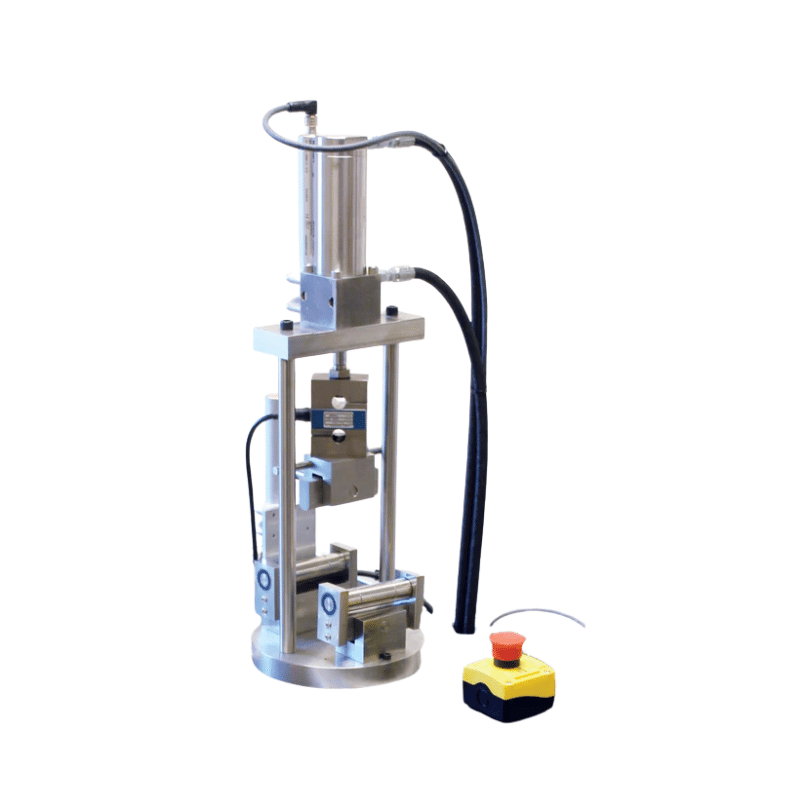Footwear Testing Machine
Home » Test Machines » Footwear Testing Machine
The Footwear Testing Machine is aimed to check the durability, comfort and safety of a product in line with footwear testing methods and footwear testing standards. This machine enables manufacturers to assess the performance of any footwear in different conditions, providing results they can depend on to assure quality and increase customers’ satisfaction in every step.
Get Information on Spaghetti Production Line Manufacturers
Find Your Footwear Testing Machine
The best approach to selecting the most suitable footgear testing machine is by looking at the importance of quality, durability and compliance in the footwear sector. These footgear testing devices are intended to assess a number of parameters including the tensile and compressive strength of materials, bending and slip resistance and fitting characteristics. The major footwear testing equipment industry contains some of the most innovative solutions, which are tailored according to the standard requirement, to improve the product’s functional and nonfunctional aspects. During production, these machines come in handy as they help reveal any hidden defects thereby meeting the customer’s anticipations. Whether it is an abrasion tester or a bending endurance machine, there are many technologies to choose from, and therefore, correctly chosen footwear testing standards can help avoid any compromise on the quality of the footwear.

- Ensures accurate performance analysis for footwear.
- Improves product quality and reliability.
- Precise load and pressure sensors.

- Prolongs product lifespan through rigorous testing.
- Identifies wear resistance under extreme conditions.
- Reduces material failure risks during usage.

- Enhances footwear comfort and flexibility.
- Detects bending and stress durability issues.
- Ensures adaptability for various movement styles.
Footwear Testing Machine Technical Parameters
| Specification | Functional Testing Machine | Durability Testing Machine | Flexibility Testing Machine |
|---|---|---|---|
| Purpose | Tests overall functionality and performance of footwear, such as ergonomics and usability. | Assesses the long-term wear and tear resistance of footwear materials and construction. | Evaluates the ability of footwear to bend, twist, and flex under stress without damage. |
| Key Features | Multiple test modes, customizable settings, and advanced sensors for precise measurements. | High-load capacity, continuous wear simulation, and robust construction for prolonged testing. | Adjustable flex angles, multiple pressure points, and real-time tracking of wear patterns. |
| Material Compatibility | Suitable for all types of footwear materials including leather, rubber, textiles, and synthetics. | Optimized for high-resilience materials such as rubber and polymer blends. | Ideal for flexible and lightweight materials like fabric, foam, and soft plastics. |
| Testing Standards Supported | ISO 19952, ASTM F2913 | ISO 17708, ASTM D5963 | ISO 20344, ASTM F1614 |
| Dimensions (L x W x H) | 48 x 24 x 30 inches | 60 x 30 x 36 inches | 40 x 20 x 28 inches |
| Power Requirements | 110-240V, 50/60Hz | 110-240V, 50/60Hz | 110-240V, 50/60Hz |
| User Interface | Touchscreen panel with intuitive navigation. | Digital control panel with programmable tests. | Graphical interface with live feedback and analysis. |
Application of Footwear Testing Machine
Durability Testing
Slip Resistance
Compression Testing
Abrasion Testing
Tensile Strength
Frequently Asked Questions
Footwear testing ensures that shoes meet quality, durability, safety, and performance standards. It helps identify potential defects and assesses whether the footwear can handle various environmental, mechanical, and usage conditions, ensuring customer satisfaction and compliance with industry regulations.
The principle of a footwear testing machine is to simulate real-world conditions and stresses that footwear may encounter during use. These machines apply specific forces, movements, and environmental factors such as bending, compression, abrasion, or weather exposure to test the shoe’s durability, performance, and longevity.
There are various types of footwear testing machines designed for specific tests, including flexing testers, abrasion testers, compression and impact testers, slip resistance testers, waterproof testing machines, and adhesion strength testers.
Footwear testing ensures product reliability, improving customer confidence and satisfaction. It minimizes product recalls and failures, facilitates compliance with global standards, and helps manufacturers refine designs to meet performance requirements, ultimately reducing long-term costs.
The function of a footwear testing machine is to evaluate different parameters such as durability, material strength, comfort, safety, and resistance to environmental factors. These machines provide critical data to ensure footwear is fit for purpose and durable over time.
Some commonly used footwear testing machines are flex testers, tensile strength testers, slip resistance testers, hardness testers, and abrasion testers. Each machine serves a unique purpose, focusing on specific aspects of the footwear’s quality and performance.
